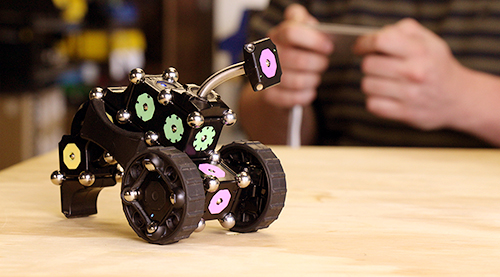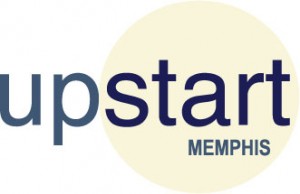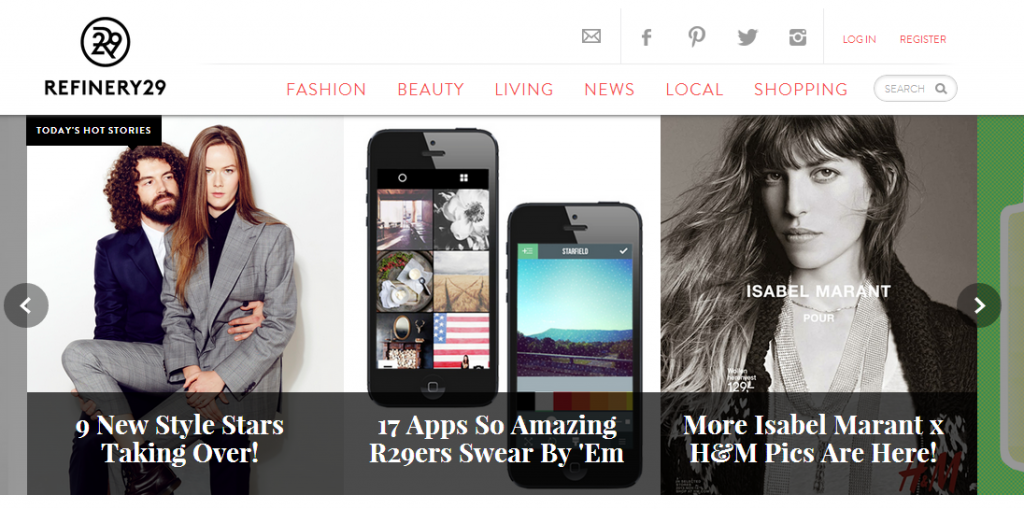 According to a study by the Substance Abuse and Mental Health Services Administration, a full 20% of American adults experienced mental illness in the past year. Most often, these illnesses came in the form of depressive or anxiety disorders.
According to a study by the Substance Abuse and Mental Health Services Administration, a full 20% of American adults experienced mental illness in the past year. Most often, these illnesses came in the form of depressive or anxiety disorders.
Yet, the stigma around mental disorders is still prevalent. In our startup culture, we champion the hard-headed, never-say-die entrepreneur. We glamorize the battle to start up and the sacrifices to health and family that many founders are willing to make. And, in the last year we saw not one but two high profile suicides.
Jonas Jones saw firsthand how mental illness affected behavior when he taught in south central LA and the bayous of Louisiana with Teach for America. After he left that organization, he volunteered his time leading groups for local youth.
During that experience he saw for the first time a therapy called “parent child interaction therapy.” Rather than sit with a mental health professional, the parent and child would sit in a room together and the therapist would be behind a two way mirror. An earpiece allowed the therapist to coach the parent through the conversation, and over time helped rewire both the parent and the child for positive interaction.
Jones thought, “There has to be a way to scale this.”
He founded Tao Mountain Inc, a company devoted to building secure online platforms that provide reliable information on a variety of mental health issues. The platforms provide videos, articles, and public discussions around topics such as depression, trauma, eating disorders and more. Profiles are 100% secure, and no one can see what a member is searching for or reading up on.
The first platform is parentchildinteractive.com and focuses on helping parents help their children. Members have access to a wide array of licensed therapists and behavioral experts, all of whom are cleared by an advisory board.
The platform is free to members. Revenue for the company comes through the fees paid by the experts who post videos and facilitate the discussions. The use of an online platform helps these providers scale their own practices and help more people.
Tao Mountain is also able to do a “skin change” and offer branding for corporations that want to provide mental health services to its employees. The example Jones gave me was of the Honolulu police department. Before his company came along, mental health services were offered on a certain floor of a certain building and EVERYONE knew it. If you were seen there, well, obviously you had problem.
The online platform allows members of the force to get the help they need, in the security of their own homes.
Parentchildinteractive.com is fully launched and functional. In the coming months, Tao Mountain will also launch an adult mental health site and a special needs site with the same services.
Tao Mountain is one of the presenting companies at this year’s Angel Capital Expo.



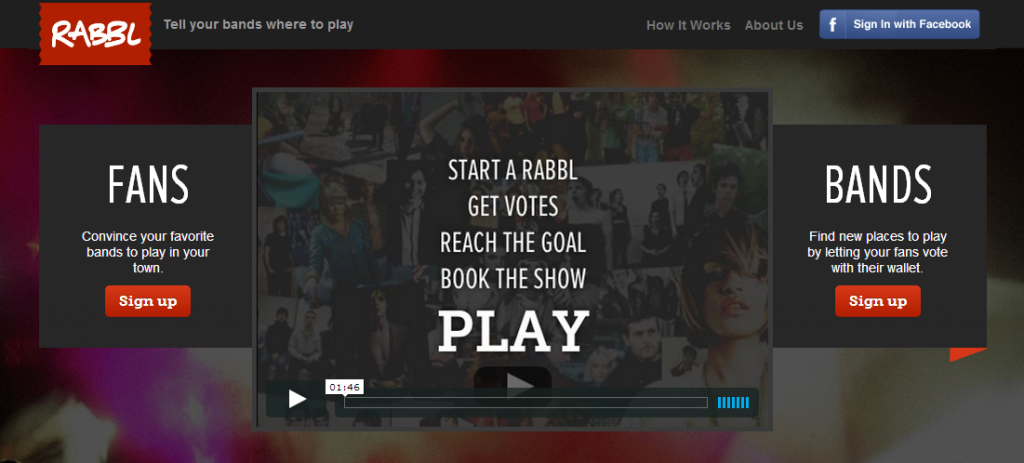


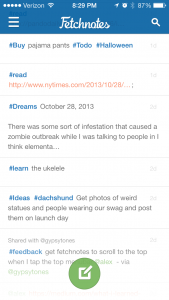 send them a note. The person you need to communicate with not a Fetchnotes user? No problem! The new update also incorporates your address book, so a non-user will get a text with the note’s details.
send them a note. The person you need to communicate with not a Fetchnotes user? No problem! The new update also incorporates your address book, so a non-user will get a text with the note’s details.


